US pullout from Iran nuclear deal; part of a larger strategy: Analyst
An analyst says President Donald Trump’s decision to withdraw the United States from Iran’s nuclear deal and re-impose sanctions against the Islamic Republic is part of a larger strategy which is "regime change" in Iran.
Trump made the decision despite massive efforts by the European allies of the US to convince him to stay in the landmark agreement. The nuclear deal, known as the Joint Comprehensive Plan of Action (JCPOA) came out of years of negotiations between Iran and six world powers, namely the US, Russia, China, Germany, France and Britain in July 2015.
Press TV has talked to Richard Becker, a member of the ANSWER Coalition, as well as Jim Walsh, a member of the Security Studies Program at MIT, to get their opinion on the issue.
Becker believes the Trump administration’s ultimate objective is “regime change” in Iran rather than simply ending the nuclear deal.
He also noted the US strategy of sanctions is intended to destroy Iran’s economy and inflict maximum suffering upon the people in an attempt to create “discontent” in the country.
“And so you have the US pulling out of the agreement but I think that is part of a larger strategy that they hope would create disappointment and discontent within Iran particularly because many people in Iran were very hopeful in 2015 that the end of sanctions – if they were to really end- would mean a relief for Iran and for the Iranian economy which has been suffering greatly under the sanctions which were engineered not by the Republicans but in fact by Hillary Clinton back in 2010 when she was the secretary of state,” Becker said.
Trump said Tuesday that he would reinstate US nuclear sanctions on Iran and impose "the highest level" of economic bans on the Islamic Republic.
Becker further maintained that the “extraterritoriality” of the sanctions regime is a “great problem” for other signatories of the JCPOA, adding that the US would have to confront banks and companies to make a choice on whether they want to continue their trade with Iran.
Meanwhile, Jim Walsh, the other panelist on the program, opined that Trump’s decision to pull out of the Iran nuclear deal was a “mistake,” arguing that he has no “Plan B” or “follow-on strategy”.
“My sense is there was not a lot of strategy, he was just determined to do this … He has not thought about what they are going to do next. There is no Plan B, there is no follow-on strategy and now we are just going to see what happens,” he stated.
The analyst also asserted that the problem with sanctions is that they are aimed at “private industry” not the governments.
Therefore, he said, other signatories to the JCPOA cannot force their private entities to invest in Iran if they do not want to take the risk.
VIDEO | Hundreds of students take to streets in Milan in support of Palestine
UN warns hundreds of thousands of Sudanese under ‘immediate danger’
Iraqi resistance strikes ‘vital’ target in Eilat after Israel attacks PMU base
North Korea conducts cruise missile warhead test: State media
Israeli airstrike kills at least 7 people in Rafah
VIDEO | Iranians hold nationwide demos in support of IRGC
Syria condemns US veto of Palestine UN membership resolution
Iraqi resistance forces hit Israeli Ovda air base




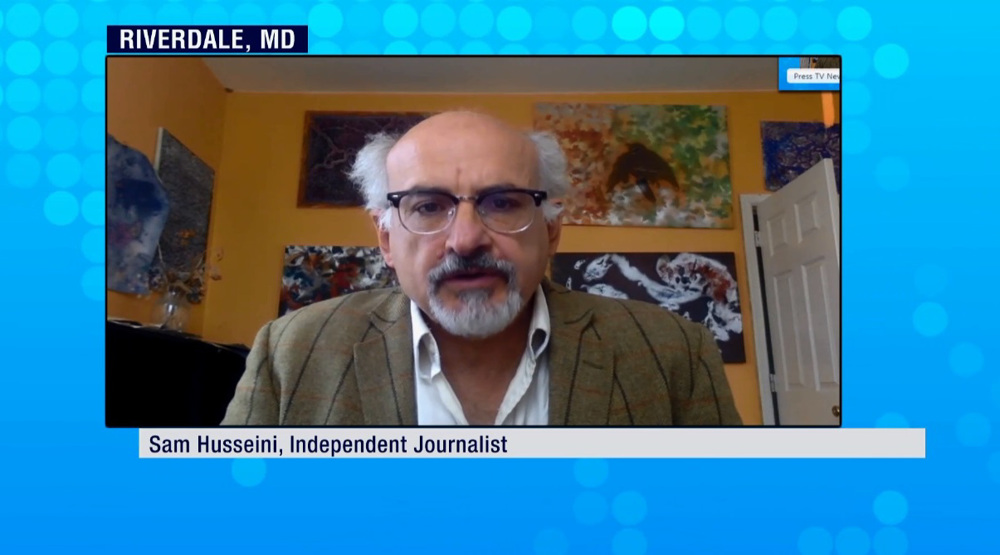
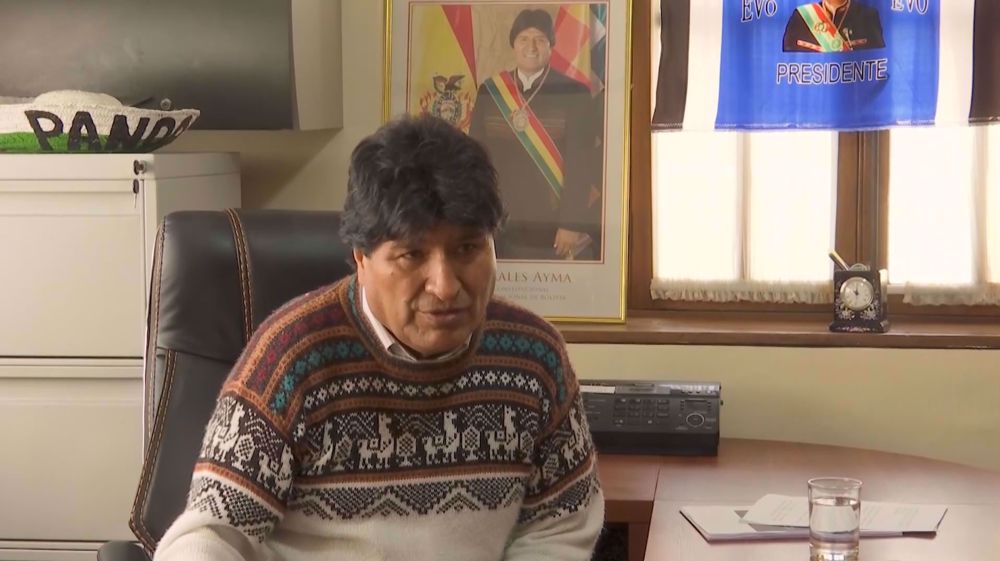



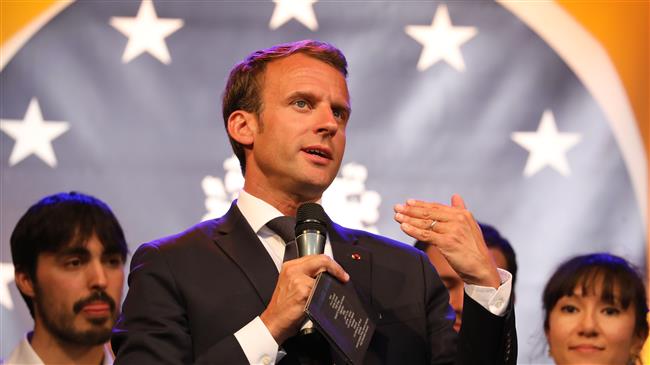
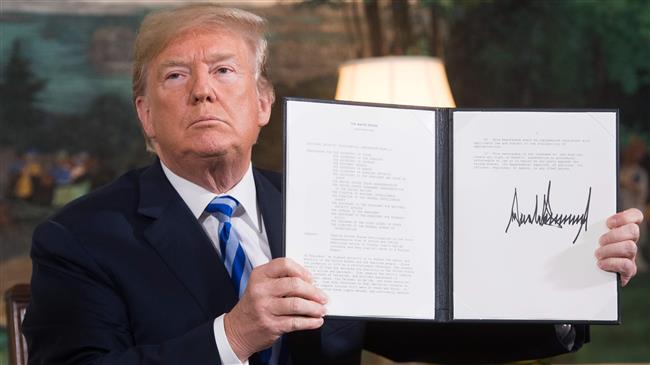
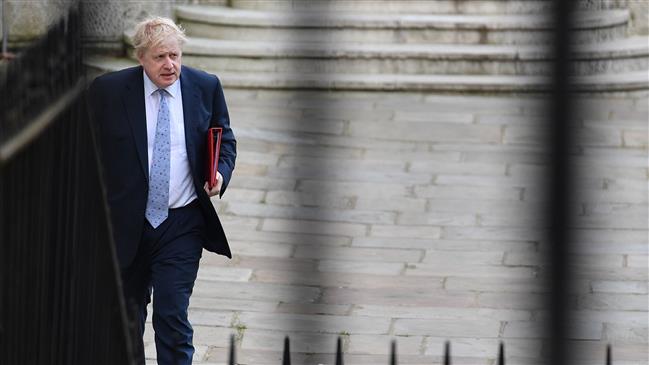
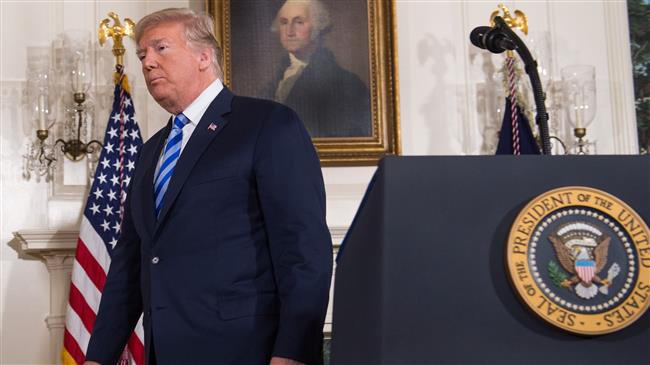
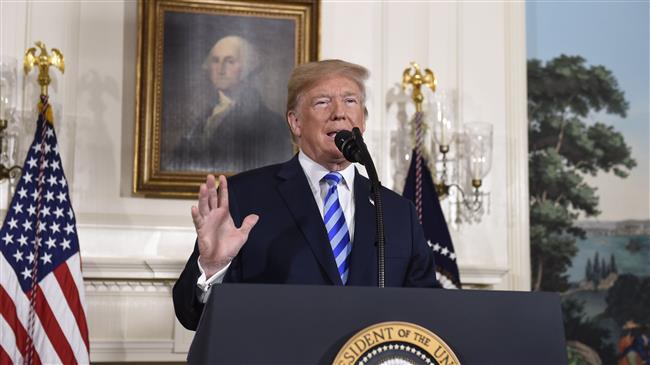

 This makes it easy to access the Press TV website
This makes it easy to access the Press TV website